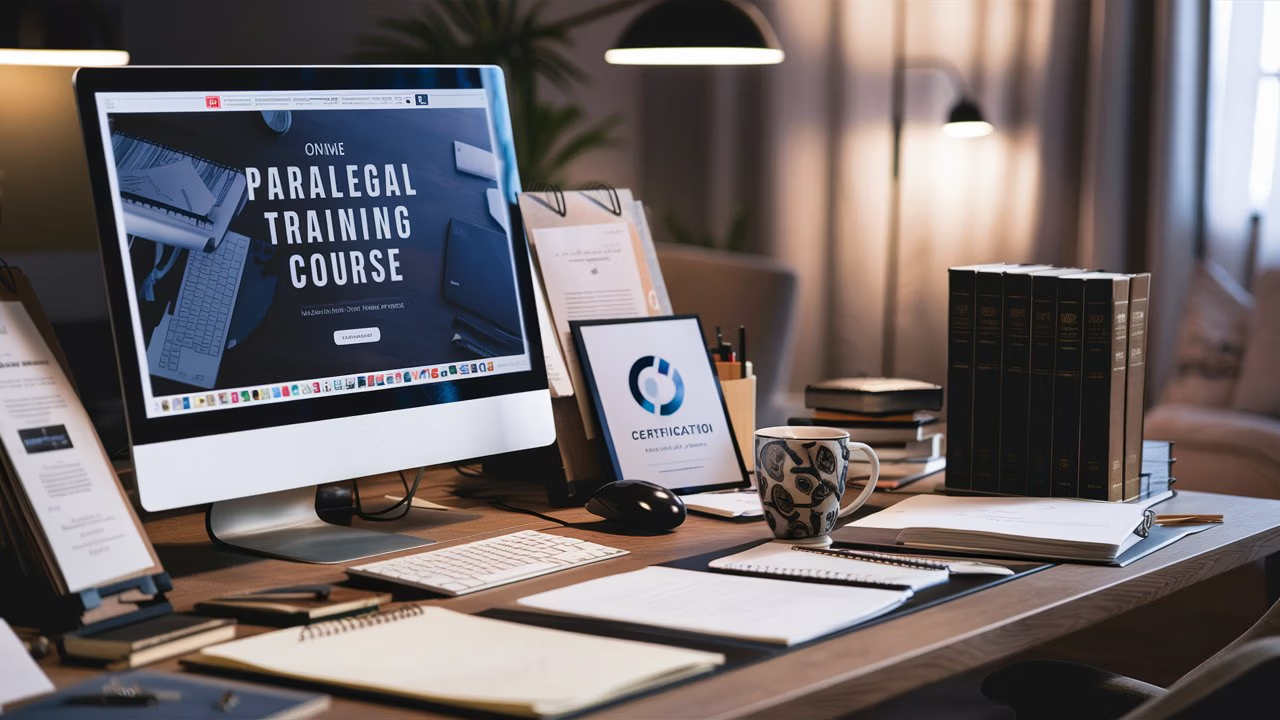Are you passionate about books, information, and helping others? Become a librarian, it might be the perfect career path for you. In this comprehensive guide, we’ll explore the exciting world of librarianship and show you how to turn your love for learning into a rewarding profession.
Become a Librarian in 2024

A Dynamic Role in the Information Age
Gone are the days when librarians simply shelved books and shushed noisy patrons. Today’s librarians are information specialists, community leaders, and tech-savvy professionals who play a vital role in connecting people with knowledge. From public libraries to specialized research institutions, librarians wear many hats and make a significant impact on their communities.
Diverse Career Opportunities
Librarianship offers a wide range of specializations and work environments. You might find yourself organizing rare manuscripts in a museum, developing educational programs for children, or managing digital archives for a major corporation. The possibilities are as diverse as the information landscape itself.
Steps to Become a Librarian

Education: The Foundation of Your Career
The journey to becoming a librarian typically begins with a bachelor’s degree. While you can major in almost any field, choosing a subject that aligns with your librarian goals can give you an edge. For example, aspiring school librarians might benefit from an education degree, while those interested in technical librarianship could consider a computer science background.
Master’s Degree: The Key to Professional Librarianship
To unlock the full potential of a librarian career, you’ll need to earn a Master of Library and Information Science (MLIS) degree. Look for programs accredited by the American Library Association (ALA) to ensure you’re getting a quality education that meets industry standards. Many MLIS programs offer specializations, allowing you to tailor your studies to your specific interests and career goals.
Gaining Real-World Experience
While pursuing your education, it’s crucial to gain hands-on experience in library settings. Look for part-time jobs, internships, or volunteer opportunities at local libraries. These experiences will not only enhance your skills but also help you build a professional network that can be invaluable when job hunting later on.
Professional Certifications: Elevating Your Expertise
Once you’ve completed your MLIS, consider pursuing professional certifications to showcase your specialized knowledge and commitment to the field. The Certified Public Library Administrator and Library Support Staff Certification are two popular options that can boost your credentials and open doors to advanced positions.

Essential Skills for Success as a Librarian
Embracing Technology
Today’s librarians must be comfortable with a wide range of technologies, from library management systems to digital research tools. Stay current with emerging trends and be prepared to adapt to new technologies throughout your career.
Communication and Customer Service
Excellent communication skills are essential for librarians who interact with diverse patrons daily. You’ll need to be able to explain complex information clearly, listen attentively to patrons’ needs, and create a welcoming environment for all library users.
Organization and Problem-Solving
Managing vast collections of physical and digital resources requires strong organizational skills. Additionally, librarians often need to think creatively to solve unique information challenges and help patrons find the resources they need.
The Future of Librarian: A Growing Field
The library profession is evolving rapidly, with job opportunities expected to grow by 6% from 2021 to 2031. As information becomes increasingly complex and abundant, the need for skilled librarians to guide people through the digital landscape will only increase.
Salary as a Librarian
Librarians earn a national average salary of approximately $54,902 annually. However, this figure can fluctuate based on several factors. Firstly, the number of years a librarian has worked in the field significantly influences earnings, as experience often correlates with higher pay. So get motivated and become a librarian of future.
Additionally, the specific area of librarianship one chooses to specialize in—whether it’s public, academic, or special libraries—can impact salary levels. Educational attainment, particularly advanced degrees and certifications, also play a crucial role. Lastly, geographic location is a key determinant, with librarians in urban areas or regions with a high cost of living typically earning more than those in rural settings.
Read More: How to Become a Physical Therapist in 2024
Your Journey Begins Here
Becoming a librarian is more than just a career choice—it’s a commitment to lifelong learning and community service. By following the steps outlined in this guide and developing the necessary skills, you’ll be well on your way to joining this rewarding profession. Whether you dream of working in a bustling public library, a cutting-edge digital archive, or anywhere in between, the world of librarianship is waiting for you to make your mark.

Are you ready to embark on your journey to become a librarian? Start exploring MLIS programs today and take the first step towards a fulfilling career in the ever-evolving world of information science!





